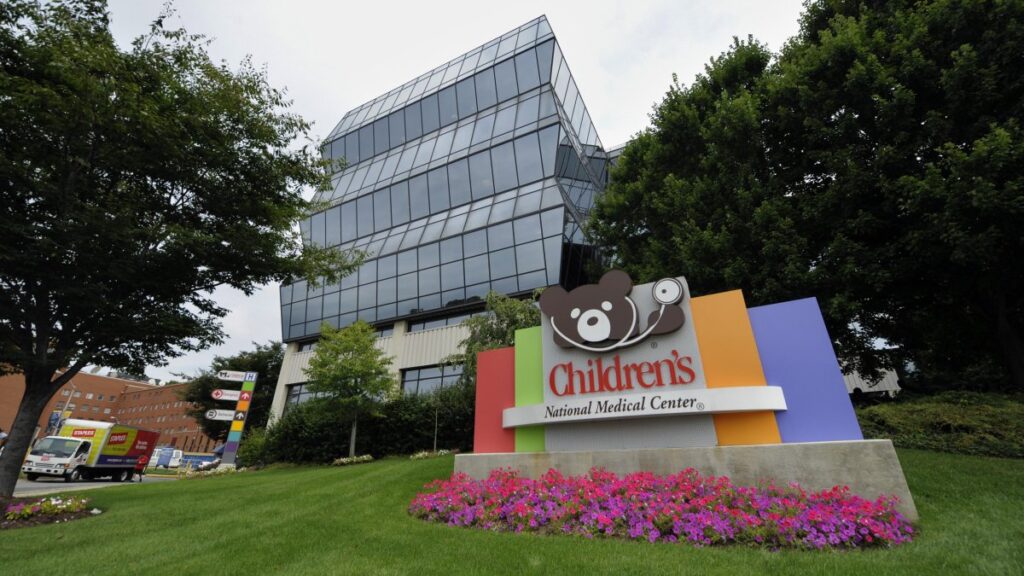Health care in D.C. will suffer and lives will be at risk if Congress goes through with a proposal to slash more than $2 billion in federal funding to the city’s Medicaid program — and the ripple effects will go far beyond the nation’s capital, officials say.
Mayor Muriel Bowser and health leaders sounded the alarm about the potential cuts during a news conference at Children’s National Medical Center on Friday alongside doctors, nurses and patients.
“These cuts would hit every hospital in the District. The results would be devastating and lead to hospital closures, longer wait times, cuts to life-saving services and impacts beyond the health care system,” Bowser said.
“I have been a children’s hospital administrator for decades and I can tell you without hesitation that this is the most concerning threat to children’s health care that I have seen in my 26 year career. The impacts would be immediate and devastating,” Children’s National Hospital President and CEO Michelle Riley-Brown said.
In an effort to meet their budget goals, House Republicans are considering lowering D.C.’s Federal Medical Assistance Percentage (FMAP) from 70% to 50%, meaning the federal government would cover half of D.C. Medicaid costs instead of 70%. That cut would be on top of any other Medicaid cuts or restrictions Congress enacts in its effort to trim $880 billion from the House Energy and Commerce Committee.
“It will cost our hospitals, universities, and health care providers over 2.1 billion dollars. Funds that support care for everyone in our city, including members of Congress, federal employees, including people who rely on Medicaid and Medicare, including people with private health insurance — everybody, including people in D.C., including people in Maryland and Virginia,” Bowser said.
Riley-Brown said the proposal would cost Children’s National an estimated hundreds of millions of dollars.
Congress set D.C.’s FMAP at 70% in 1997 because of it’s unique financial constraints. Although D.C. operates like a city, county and state, it can’t raise revenue in the same ways states can, Bowser said.
The FMAP varies from 50% to 83% for states and territories, and there are 10 states and territories with higher FMAP rates than D.C.
But officials said Congress has only proposed cutting D.C.’s FMAP.
“This proposal to cut D.C.’s Medicaid program singles out D.C. and only D.C. and that’s wrong. It’s unfair, it’s unjust and we cannot allow it to become law,” said Jacqueline Bowens, the President and CEO of the D.C. Hospital Association.
Bowens explained hospitals would have to fire doctors and nurses and make cuts to trauma care, emergency room care and other departments if the proposal is approved.
“Every single patient we see — Medicaid or not — is going to have less access to care and longer wait times for the care that remains and we don’t know what might look like,”
D.C. would lose $67 million in Medicaid reimbursements for the fire department if the FMAP is lowered to 50%, officials said.
“I’m sort of angry that I’m up here today to have to defend a budget that people are trying to make harder on us. It works. We provide great care in the city and they wouldn’t do this in their home jurisdiction. They wouldn’t do it in their home jurisdiction,” D.C. Fire and EMS Chief John Donnelly said.
It’s unclear when such cuts would happen as Congress is still considering ways to meet its significant budget goals.
Bowser encouraged D.C. residents to “stand up” and reach out to lawmakers because “this is a real threat to their lives.”
News4 reached out to the House Energy and Commerce Committee for comment but has not heard back.


